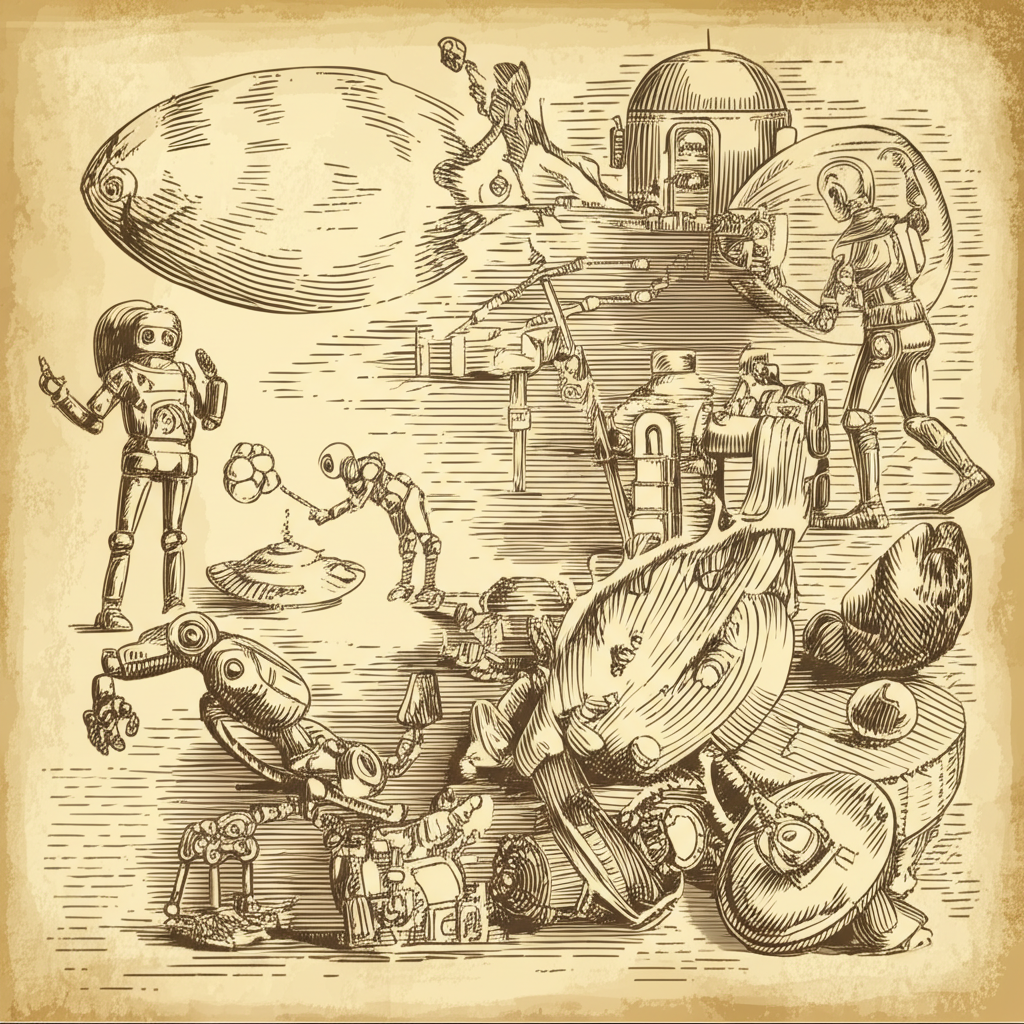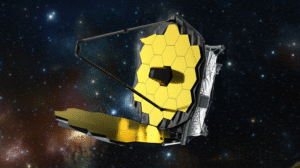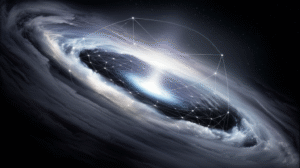The Transformative Role of AI in Space Exploration
AI in space exploration improves missions, guides spacecraft, and helps explore space faster.

Artificial Intelligence (AI) plays a pivotal role in transforming space exploration. It enhances mission efficiency and data analysis. AI applications range from autonomous spacecraft navigation to processing vast amounts of astronomical data. Despite its benefits, challenges like reliability in harsh space conditions persist. Looking ahead, AI promises to unlock new frontiers in interstellar research and missions. This section delves into these aspects, offering insights into AI’s revolutionary impact on exploring the cosmos.
Introduction
Space exploration faces tough challenges. Vast distances make missions long and risky. Hostile environments threaten equipment and crew. Communication delays hinder real-time control from Earth.
Artificial intelligence (AI) offers solutions. AI can process vast data quickly. It adapts to unexpected situations. This reduces reliance on delayed Earth commands.
This article explores AI’s role in space. First, it covers current challenges. Next, it details AI applications. Finally, it discusses future possibilities.
The Evolution of AI in Space
AI has transformed space exploration. Early missions relied on manual control. Now, autonomy dominates.
Historical Milestones of AI Applications in Space Missions
In the 1960s, NASA used basic automation for spacecraft. The Voyager missions in the 1970s marked a leap. They could adjust trajectories autonomously. By the 2000s, Mars rovers like Spirit and Opportunity navigated rough terrain alone. These milestones show AI’s growing role.
The Shift from Manual to Autonomous Systems
Initially, astronauts controlled every move. Ground teams sent detailed commands. This method was slow and risky. Autonomous systems changed the game. They make decisions in real-time. For example, the Perseverance rover selects its own paths. This shift boosts efficiency and safety.
Core AI Applications in Space Exploration
Autonomous Navigation and Control
Advanced sensor fusion techniques enable precise navigation in space. AI-driven path planning helps spacecraft avoid obstacles in uncharted territories. These technologies ensure safer and more efficient missions.
Health Monitoring and Anomaly Detection
Real-time monitoring of spacecraft systems is crucial for mission success. Predictive analytics allow for early maintenance and fault detection. This reduces risks and extends the lifespan of space assets.
Optimizing Resource Utilization
AI plays a key role in managing power and propellant for longer missions. Intelligent algorithms also improve life support systems. These advancements make extended space exploration feasible.
Robotics and Autonomous Systems
AI enhances the capabilities of planetary rovers during exploratory missions. In-situ resource utilization and autonomous construction technologies are vital for future space habitats. These innovations pave the way for sustainable exploration.
Overcoming the Challenges
Technical and Environmental Hurdles
Space exploration demands AI systems that withstand extreme conditions. Radiation hardening techniques protect these systems from cosmic rays. Meanwhile, explainable AI ensures transparency in critical space missions. Both are vital for reliable operations beyond Earth.
Ethical and Operational Considerations
Autonomous decision-making in space raises ethical questions. Who is accountable for AI’s choices? On-orbit training and adaptation strategies help AI learn from new data. This ensures systems remain effective in unpredictable environments.
Pioneering Case Studies
AI has transformed space exploration, especially in landmark missions. Mars rovers, like Curiosity and Perseverance, rely on AI for navigation and data analysis. These rovers autonomously avoid obstacles and select scientific targets. Satellite constellations use AI to manage vast data flows and optimize orbits.
Key lessons emerge from these missions. AI increases mission efficiency and reduces human workload. However, challenges like limited computing power in space persist. Future missions will need more advanced AI to tackle these issues. The path forward includes developing AI that can learn from less data and operate more autonomously.
The Future of AI in Space
Emerging technologies promise to revolutionize space exploration. AI can analyze vast data sets faster than humans. This capability enables real-time decision-making during missions. Moreover, AI-driven robots may perform repairs in space, reducing risks to astronauts.
International collaboration boosts AI’s potential in space. Shared knowledge accelerates innovation. Joint missions can pool resources, making ambitious projects feasible. Countries must work together to set ethical guidelines for AI in space. Such cooperation ensures benefits reach all humanity, not just a few nations.
Conclusion
AI has shown transformative potential in space exploration. It enhances data analysis, automates spacecraft operations, and supports life in space. Moreover, AI technologies enable the discovery of new celestial bodies and the study of cosmic phenomena with unprecedented precision.
Continued innovation and research in AI are crucial. They will unlock further possibilities for exploring the universe. Let’s push the boundaries of what’s possible in space exploration together.








